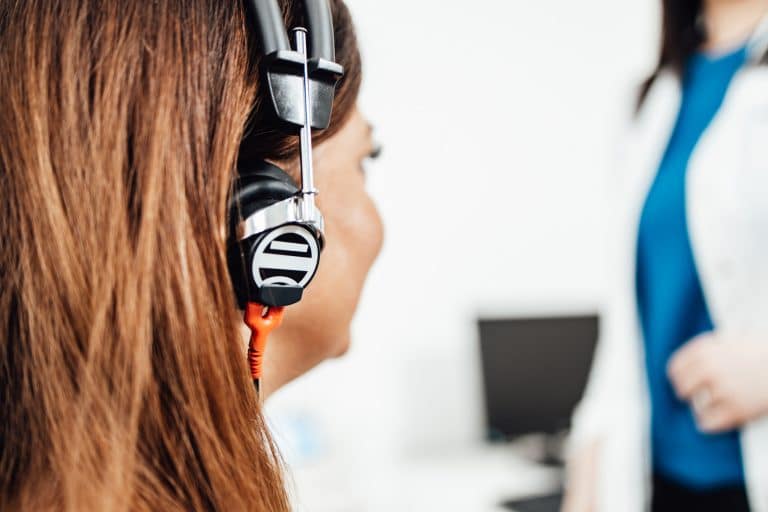Do you ever experience balance problems or feel unsteady on your feet while walking at Torrance Park? If so, you may have a balance disorder. Those who have hearing loss are at an increased risk of experiencing balance problems because both the hearing and balance systems are located within the inner ear. We review more about this connection below.
The Inner Ear
Inside the inner ear are many important parts that help you balance and hear:
- Semicircular canals. These are filled with fluid that moves as your head rotates and tilts. The movement of the fluid causes tiny hair cells to bend, helping your brain detect head movements.
- Utricle and saccule. These are both otolith organs that contain tiny stones called otoconia. These stones move in response to gravity, telling your brain when you’re standing up, sitting back or lying down.
- This is a snail-shaped organ that contains tiny hair cells that convert incoming soundwaves into electrical energy that the brain interprets as sound.
These parts communicate with the brain via the vestibulocochlear nerve. So if there’s a problem with the nerve, both balance and hearing are impacted. In the same vein, if there is damage to one part of the inner ear, the other parts are likely to be affected as well.
Vestibular Testing
You should undergo a vestibular test if you’re experiencing balance problems that affect your quality of life. These tests include:
- Videonystagmography (VNG) testing and electronystagmography (ENG) testing. These tests detect involuntary eye movements caused by a disorder of the inner ear.
- Auditory brainstem evoked response (ABR) testing. This test detects problems with the nerves that connect your hearing and balance systems to your brain.
- Rotary testing. This test measures you eye movements as you’re spun slowly in a rotating chair.
Common Balance Disorders
A thorough evaluation by a balance expert includes both vestibular tests and a medical history. After you’ve been evaluated, you may be diagnosed with any of the following balance disorders:
- Benign paroxysmal positional vertigo (BPPV).
- Vestibular neuronitis.
- Perilymph fistula.
- Mal de Debarquement syndrome.
For more information or to schedule an appointment with a balance expert, call Torrance Audiology today.

